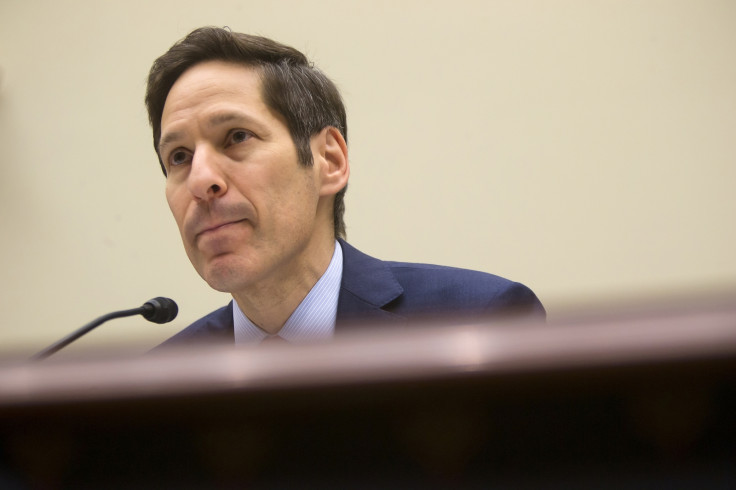Ebola Scare: Indian in Delhi on Watch for Symptoms

A Delhi resident who arrived from Ghana on a flight is being watched closely for symptoms of Ebola after WHO alerted Indian authorities that his co-passenger had tested positive.
His two housemates are also under surveillance.
The Dwarka resident is being monitored since July 21, two days after he reached Delhi but so far has not shown any symptoms, a health ministry official said.
The man flew from the Ghanaian capital Accra to Addis Ababa in Ethiopia and then to Delhi. No Ebola cases have been reported from Ghana or Ethiopia.
Indian airports have been on alert with screening of passengers from African countries. An Enzyme Linked Immunoabsorbent Assay (ELIZA) will be conducted on flyers to ensure that they are not infected by the virus.
Though there are no direct flights from the African nations hit by Ebola, there are flights from there to the Gulf and thereon to India.
Indian troops operating in west and central Africa as a part of the United Nations peacekeeping force have been put on high alert against the virus.
Disease uncontained, say experts
The current Ebola crisis in West Africa is on pace to sicken more people than all other previous outbreaks of the disease combined, said Dr Tom Frieden, director of the Centers for Disease Control and Prevention.
Lax infection control during patient care and risky burial practices were the two main drivers, he said. The outbreak can be stopped with tried-and-true public health measures, Frieden said, but it will be laborious. Any case missed or exposed person lost to follow-up could keep the outbreak going. "The data coming out is kind of a fog-of-war situation," he said.
Ken Isaacs, the vice president of Programs and Government Relations at the relief organisation Samaritan's Purse, said that the disease has the potential to threaten the national security of many nations, including the United States, and that "the cat is most likely out of the bag."
"It is clear to say that the disease is uncontained and out of control in west Africa," Isaacs said, then adding, "The international response to the disease has been a failure."
More than 1,700 people have been sickened in the current outbreak, which began in March. Nearly 1,000 have died, according to the World Health Organisation.
© Copyright IBTimes 2025. All rights reserved.





















